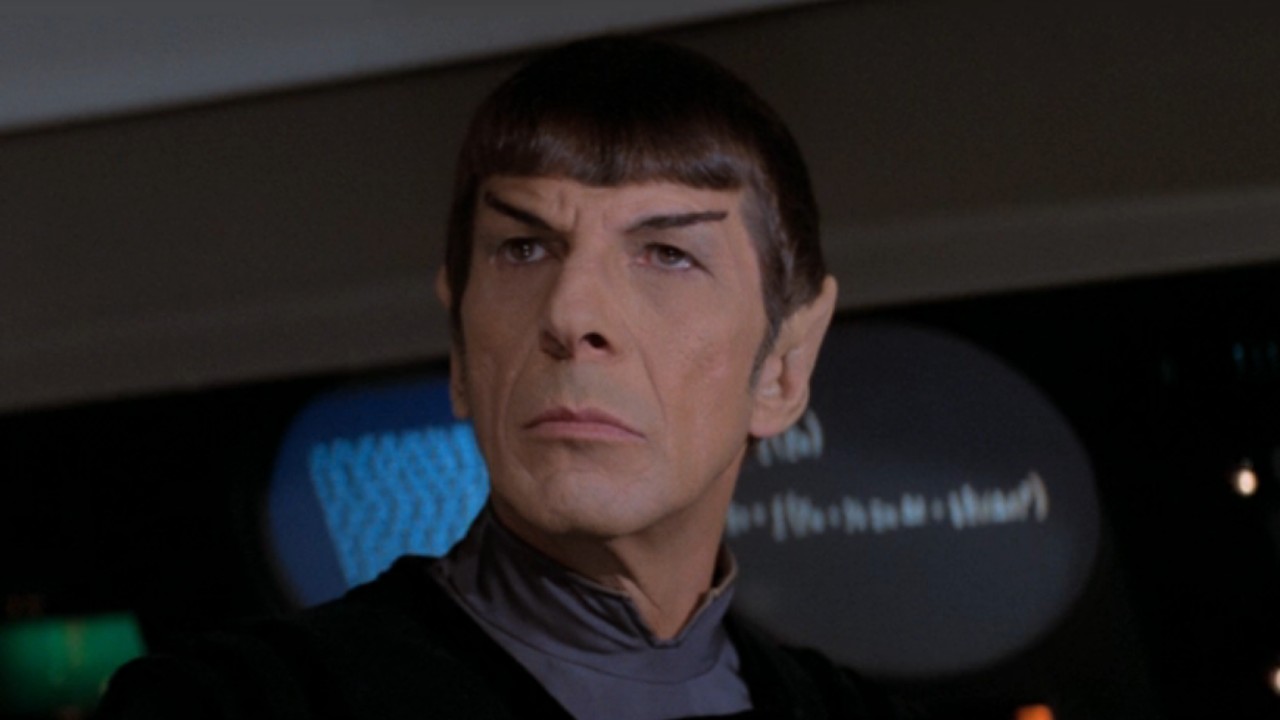
Despite Daniel Lewis' return in Star Trek: Picard Season 3 not quite being what audiences expected, the actor's character Moriarty remains one of The Next Generation's most iconic villains. Therefore, it's wild to hear that "Elementary, Dear Data" almost had an ending that would've changed the character's fate entirely, and given him a happy ending that would've changed the trajectory of his arc.
This news comes from Captains' Logs: The Unauthorized Complete Trek Voyages, which explains the original ending to the episode that was ultimately vetoed by Gene Roddenberry. Credit to ScreenRant for digging up this information, because the original ending could've really turned things around for Moriarty in a big way.
The Original Story Gave Moriarty The Ability To Leave The Holodeck
According to the excerpt, it was established in the original story that Moriarty was able to leave the holodeck in the same way the piece of paper he used to show a diagram of the Enterprise to Geordi was. This meant that Picard would then have to lie to Moriarty about his ability to leave, which was something Gene Roddenberry was against. He didn't want Picard to appear underhanded, so the decision was made that, no, Moriarty could not actually leave the holodeck.
Moriarty Could've Had A Happy Ending, Though Not One He Was Expecting
Had Moriarty been able to leave the holodeck, it could've had massive implications for the character. The follow-up "Ship In A Bottle" showed how torturous it would be to live in the holodeck with a sentience like Moriarty's, so clearly any life he could've made on the outside world would've been better than what he had.

Why Star Trek's Leonard Nimoy Didn't Want To Be An EP On The Next Generation
And while mobile emitters gave holograms like The Doctor, the ability to appear outside of the ship as he will in the upcoming Trek series Prodigy Season 2 and Voyager also had a storyline that could've really transformed his life and that of every person ever constructed by a holodeck.
Voyager established the existence of naturally occurring photonic species, which were essentially holograms that existed on a different plane of existence, unaware of the activities of carbon-based lifeforms. Ironically, they could only contact humans via the Holodeck, in which both parties could interact. Had Moriarty exited the holodeck, he could've existed among the other photonic species and found a world much more open than he'd previously had.
Why It's For The Best Star Trek: The Next Generation Changed The Ending
Allowing Holodeck-created characters to leave the Holodeck would've been neat, but ultimately, it's a can of worms that I'm glad Star Trek: The Next Generation decided against. For example, the Holodeck town of Fair Haven in Voyager would've become something more similar to HBO's Westworld if the artificial beings had been successfully broken out of the simulation. Voyager had enough WTF moments, so that didn't need to happen.
Plus, as Gene Roddenberry mentioned, it would've been out of character for Picard to act in an underhanded way. Look at any of The Next Generation's greatest episodes, and you will rarely see Picard telling anything but the truth of the matter at hand. It definitely would've made Moriarty's anger in "Ship In A Bottle" more justified, however, so I can't discount the original ending that much. This is especially true considering it doesn't seem there was an actual intention to give Moriarty a happy ending, as plausible as it might've been.
Star Trek: The Next Generation is available to stream for those with a Paramount+ subscription. There's no shortage of fantastic episodes to stream, though, I'd suggest rewatching Moriarty's installments given this new information, just to see how differently the storyline would've gone.







